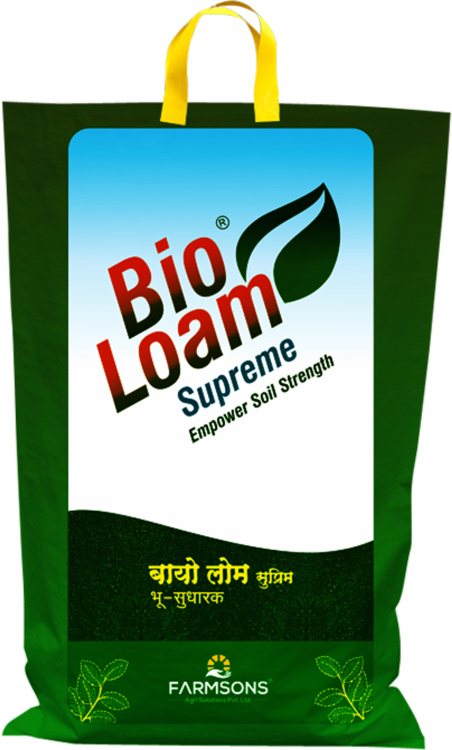Soil Health Improvement Technology
- Home
- Soil Health Improvement Technology
Introduction: Though the chemical fertilizer increases the plant growth and vigour, hence meets the food security of the world, but the plants grown in this way does not develop good plant characters such as, good root system, shoot system, nutritional characters and also will not get time to grow and mature properly. Chemically produced plant will accumulate in the human body, toxic chemicals, which are very dangerous. The deleterious effect of the chemical fertilizers will itself start from the manufacturing of these chemicals, whose products and byproducts are some toxic chemicals or gases like NH4, CO2, CH4etc. which will cause air pollution. And when the wastes from the industries are disposed off untreated into nearby water bodies it will cause water pollution. When added in soil, its continuous use degrades the soil health and quality hence causing the soil pollution.
Therefore, this is high time to realize that this crop production input is depleting our environment and ecosystem. Hence its continuous use without taking any remedial measure to reduce or judicious use will deplete all the natural resources one day and will threaten all the life from the earth. The adverse effect of these synthetic chemicals on human health and environment can only be reduced or eliminated by adopting new agricultural technological practices such as shifting from chemical intensive agriculture which includes the use of organic inputs such as manure, soil conditioners, biostimulants, biofertilizers, biopesticides, slow release fertilizer and nanofertilizers etc. which would improve the application efficiency as well as use efficiency of the fertilizers. Opting organic farming will create a healthy natural environment and ecosystem for the present as well as future generation.
Maintaining soil health is one of the key factors contributing to sustainable agricultural productivity. A good soil health is essential for sustaining higher crop productivity with quality produce under intensive agriculture systems. In global context, the soil health decline is apparent from stagnating or declining productivity growth rate in the production of food grain crops as well as emergence of multiple nutrient deficiencies in major crop production systems. Thus, emphasis on soil health involving soil physical, chemical and biological parameters is required instead of focus on a few major plant nutrients. Regular monitoring of soil health is equally important. The major strategy to improve soil health should be based on integrated plant nutrient supply system, promotion of balanced fertilization and finding ways to incorporate organic matter into the soil.
Soil organic matter is a storehouse of several plant nutrients, including nitrogen, phosphorus, and sulfur. Every 1 percentage point of organic matter in the top 6 inches of soil contains about 1,000 pounds of nitrogen, 230 pounds of phosphorus, and 165 pounds of sulfur per acre. However, most nutrients in organic matter are not directly available to plants. To be used by plants, nutrients in organic matter must be converted to inorganic forms through decomposition and mineralization by soil organisms.
Mechanism:
Application of soil conditioners, enhancers, and activators consists of humus, nutrients, organic matter & carbon; microorganisms alter the soil structure, properties. They also help to improve minerals in the soil; soil that is rich in minerals will produce much healthier vegetation. When an input containing organic matter and carbon is added to the existing soil, it provides an additional rich food source for the microorganisms in the soil. The microbes eat the food; increase their population thus adding themselves to the organic composition of the soil. Ready to use humus made from natural sources using variety of methods like fermentation, composting & extraction. Humus is vital to the condition of the soil because it readily chelates soil nutrients and dramatically increases the water holding capacity.
By providing organic matter as a soil conditioner, we are helping the plants sustain a healthy life. Soil conditioners will bind together the atoms plants need to grow. They are also able to release the different nutrients at the time when the plant needs them the most. The property of the soil is ultimately changed through the soil conditioner to be the perfect state that a plant needs to grow.
Benefits:
- Enhance overall soil quality & properties
- Increase water holding capacity
- Better root development
- Optimization of pH for nutrient availability
- Improves aeration and CEC (cation exchange capacity) provides a source of food for microorganisms
-
Soil Health & Fertility Enhancer
-
Soil Recharger & Conditioner
-
Seaweed Gel – Plant Nutrition





